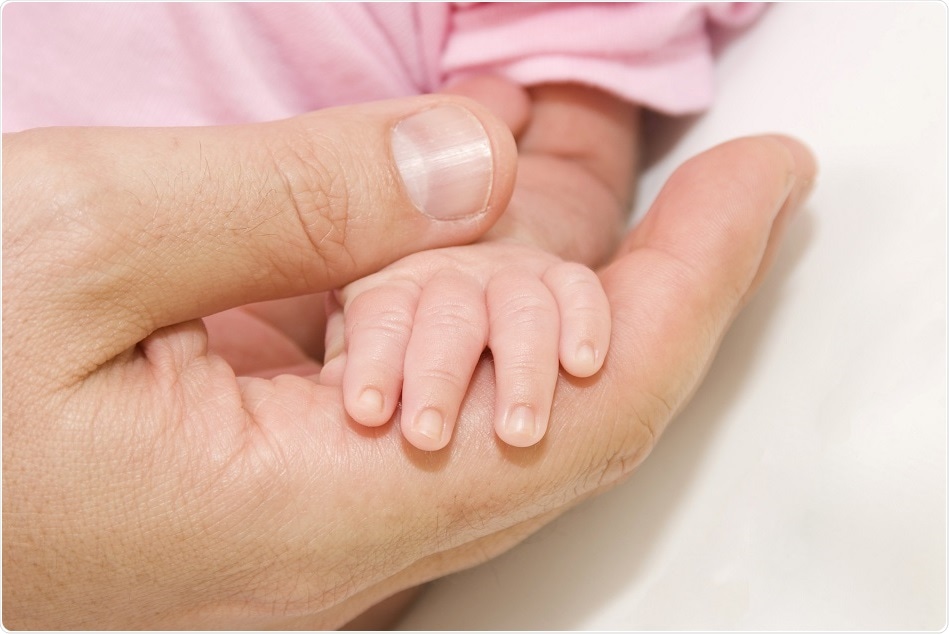Nov 28 2017
A new study, published in eLife, shows that most people born prematurely, who also suffered small brain injuries during the time of birth, have lower levels of dopamine in the brain.

Credit: herjua/ Shutterstock.com
This chemical change has been associated with the lack of happiness and motivation in normal life, and changes to concentration and attention, which may act as a precursor to more serious mental health concerns like depression and substance dependence.
Mental health issues typically stem from a complex mixture of genetic factors, which make people more vulnerable, and stressful or negative life-experiences. Birth complications can be among the most dramatic and dangerous of those life experiences.
Approximately, one out of ten people are born prematurely and most experience no major complications during the time of birth. Nevertheless, 15-20 percent of babies born earlier than 32 weeks into pregnancy experience bleeding in fluid-filled spaces named ventricles during the first week of life. Bleeding may result in chronic problems, if it is significant.
The biological relation between the greater risk of mental health concerns and birth complications is uncertain, but one theory is that the stress of a complicated birth could result in increased dopamine levels, which is also found to be increased in people with schizophrenia.
The researchers utilized a combination of magnetic resonance imaging (MRI) scans and positron emission tomography (PET) scans of the brain with a range of psychological tests to determine the precise variations to structure and chemistry of the brain following early brain damage.
Three groups of people were compared by the researchers: adults who were born prematurely and suffered early brain damage,adults who were born prematurely and did not sustain early brain damage, and controls born at term.
We found that dopamine, a chemical that's important for learning and enjoyment, is affected in people who had early brain injury, but not in the way a lot of people would have thought - dopamine levels were actually lower in these individuals. This could be important to how we think about treating people who suffered early brain damage and develop mental illness. I hope this will motivate scientists, doctors and policymakers to pay more attention to problems around birth, and how they can affect the brain in the long-term.”
Dr Sean Froudist-Walsh, King's College London
Dr Chiara Nosarti, joint senior author of the study, suggested that the discovery of a potential mechanism related to early life risk factors to adult mental illness could one day result in more efficient and targeted treatments of psychiatric concerns in people with birth complications.
Professor Oliver Howes, the study's other joint senior author, stated that the findings of the study could help develop techniques to prevent the development of problems in people born prematurely.